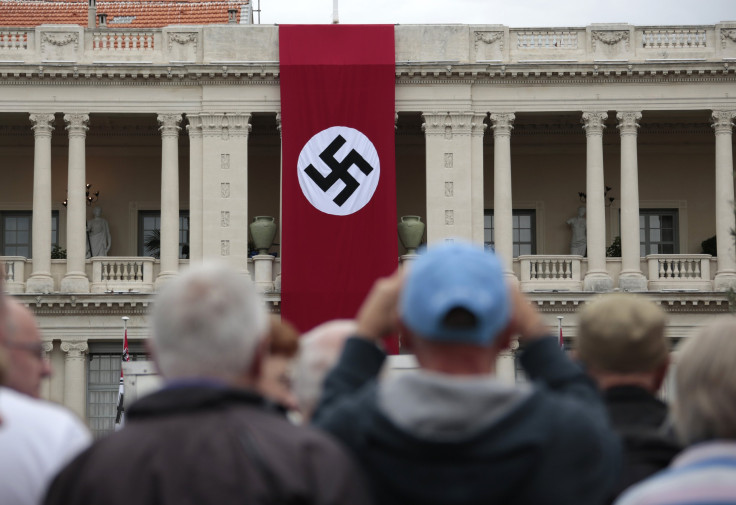Nazis Today: Germany Probes Nazism’s Influence In Post-World War II Government

Germany announced Saturday it is launching a probe into Nazi influence on its post-war central government at the cost of 4 million euros ($4.2 million). The investigation will run till 2020, with nearly 1 million euros from the budget allocated just to uncover Nazi influence on the German chancellery.
The announcement comes even as numerous other investigations are already looking into various ministries and institutions to uncover the influence of Nazi networks on government agencies following World War II. Twenty such probes have already been completed.
The newest probe will look into the government’s post-war recruitment and “the mentality of the political culture,” Germany’s culture ministry reportedly said in a statement.
A government report published in October this year found that nearly 77 percent of officials employed in the justice ministry in 1957 were once members of the Nazi Party. A controversial figure among these officials was former Nazi magistrate Eduard Dreher. In 1968, Dreher drafted a law ending nearly all probes into Third Reich figures in addition to causing problems for Nazi hunters.
A key figure in this new investigation is West German official Hans Globke, the chief of staff to the first chancellor after the war, Konrad Adenauer, from 1953 to 1963. He was also one of Adenauer’s closest confidants. Local media reports said Globke was responsible for recruitments during his time as chief of staff.
He was also a senior official in the interior ministry during Adolf Hitler’s regime. Globke helped in preparing the anti-Semetic Nuremberg laws and the “Jewish code” which was implemented in Slovakia under the Nazis. It is unclear if Adenauer, who was mayor of Cologne during the Nazi regime, will also be investigated.
However, the investigation will prove to be difficult as many files carrying tip-offs on former Nazi officials in post-war Germany are still classified, or in some cases, destroyed by German secret services.
© Copyright IBTimes 2025. All rights reserved.






















